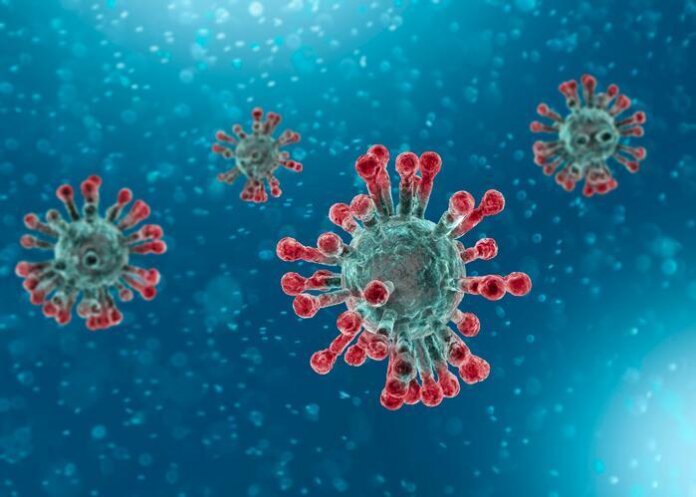HALIFAX: The exact details on locations for community based COVID19 vaccine clinics will be announced later this month
The first community-based clinic for Nova Scotians 80 and older will begin Monday, Feb. 22 in Halifax. This prototype clinic will inform how future clinics are set up.
Those eligible to participate in the clinic will be identified by MSI and contacted directly by mail to schedule their appointments.
Nine more community-based clinics in Halifax Regional Municipality, Truro, Cape Breton Regional Municipality, Kentville, Yarmouth, Antigonish, Amherst and Bridgewater are planned in March for those 80 and older.
“Some Nova Scotians will continue to receive their vaccine through targeted health-care worker clinics or in long-term care, but we know that overall the greatest risk is age,” said Dr. Robert Strang, Nova Scotia’s chief medical officer of health. “An age-based approach is also the fastest and simplest way to get vaccine into arms. We are ready to ramp up our immunization efforts as more vaccine enters our province.”
Marla MacInnis, a spokeswoman with the Department of Health and Wellness, told The Laker News that information will be forthcoming on the announced community-based clinics.
She was asked if any of the of the clinics for HRM would be in Fall River/Beaver Bank, or in East Hants. MacInnis said that information will be forthcoming.
“More details about the locations of these clinics will be provided closer to March,” said MacInnis on Feb. 5. “Prototype clinics with physicians and pharmacists will help us determine how to expand to more community-based clinics.
In a release, the province said pharmacists and physicians who want to administer the vaccine at COVID-19 vaccine clinics will soon have that opportunity. Prototype clinics in pharmacies will launch in early March, with plans to expand to more locations by early April.
The following groups will continue to be prioritized in Phase 1:
— those who work directly with patients in hospital or patients in their home
— those who live and work in long-term care homes and their designated caregivers
— those who live and work in Department of Community Services facilities like adult residential care centres, regional rehabilitation centres and residential care facilities
The province is engaging with First Nations and African Nova Scotian communities during Phase 1 to understand the needs of the communities.



















